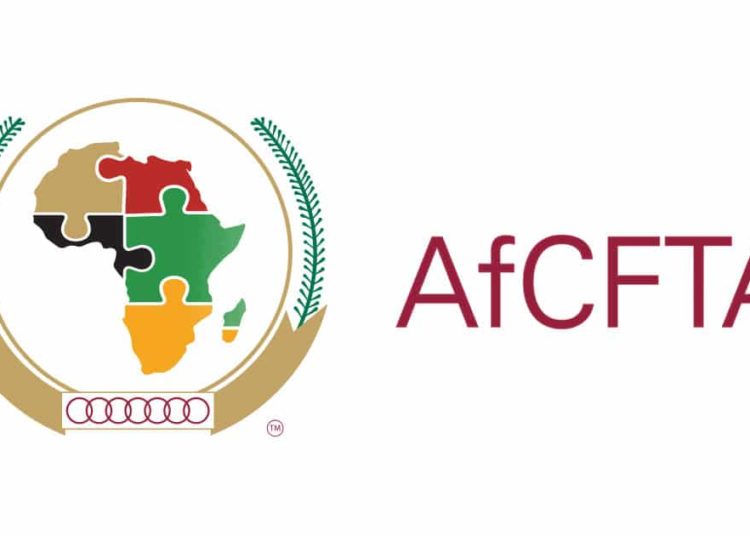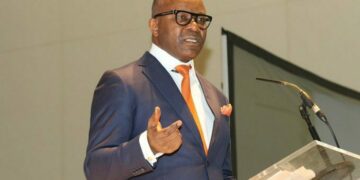Building on Nigeria’s African Continental Free Trade Area (AfCFTA) mission to caption 10 per cent of Africa’s global imports and double her export revenue, stakeholders validated implementation strategies for success.
They stated that the agreement has the potential to grow trade value in Nigeria to the tune of $12 billion between 2023 and 2027. The deliberation took place at the final validation of the Nigeria AfCFTA implementation strategy by stakeholders in Lagos.
Permanent secretary, Ministry of Industry, Trade and Investment, Dr Evelyn Ngige, represented by director, Special Duties of the Ministry, Dr. Simon Omo-ezomo called for workable, patriotic policies that would improve the lot of Nigeria, saying that policies are sensitive and if not worked on properly, would not turn out well.
Former secretary, National Action Committee (NAC) on AfCFTA, Francis Anatogu, stated that the validation of Nigeria’s strategic choices on how to win under the AfCFTA was critical.
According to Anatogu, Nigeria’s strategies had outlined deliberate choices based on its market’s location, the country’s strengths and areas of preparedness for Nigerian businesses to trade in Africa and beyond.
He said that the country, understanding its problems of revenue and foreign income, needed to fashion a way out via increased productivity and international trade.
Anatogu said that within the strategy document, some policies have been identified for updating and others showed need for the creation of new laws to make sure Nigeria leads Africa.
“We are validating the strategies and also sensitising businesses on choices for better positioning.
“Once the strategies are validated, it would be sent to the Chairman of the National Action Committee, the Minister of Industry, Trade and Investment and would require approval of FEC.
Speaking on the topic, ‘Justification for the AfCFTA-Macroeconomic Assessment’, Professor of International Economic Relations, Covenant University and consultant of ECOWAS Common Investment Market, Prof. Jonathan Aremu said that “Nigeria’s potential to become a major player in the global economy by virtual of its market size, human and natural resource endowments, has never been in doubt but this potential has remained relatively untapped over the years.





